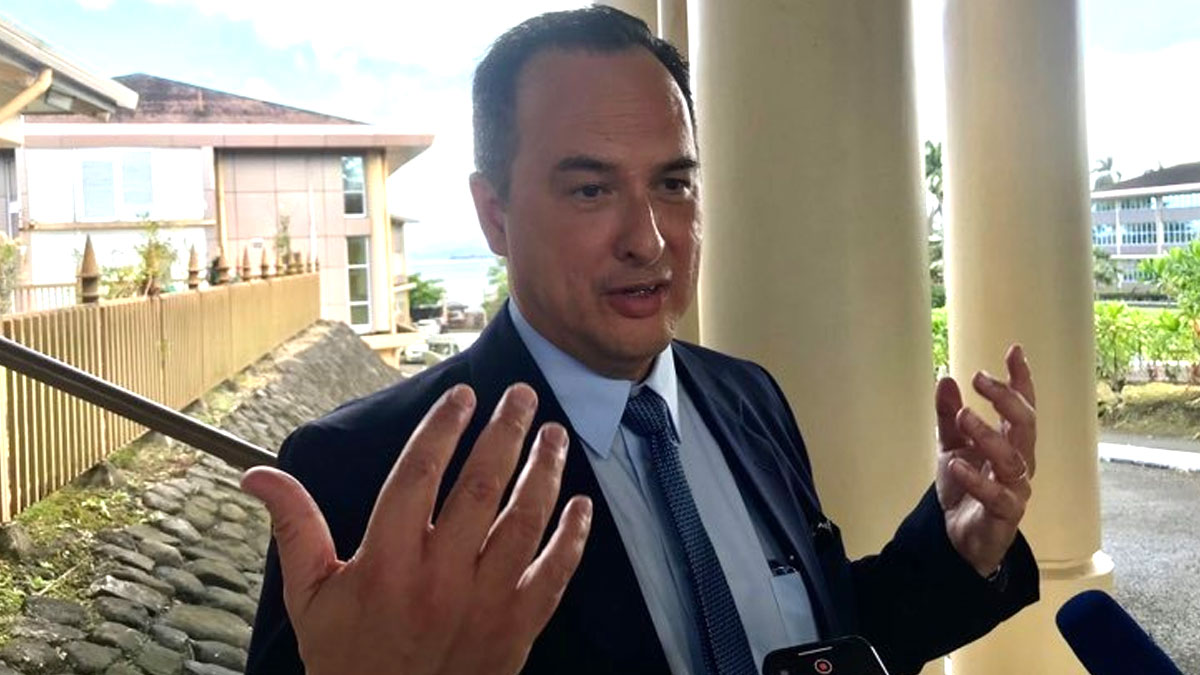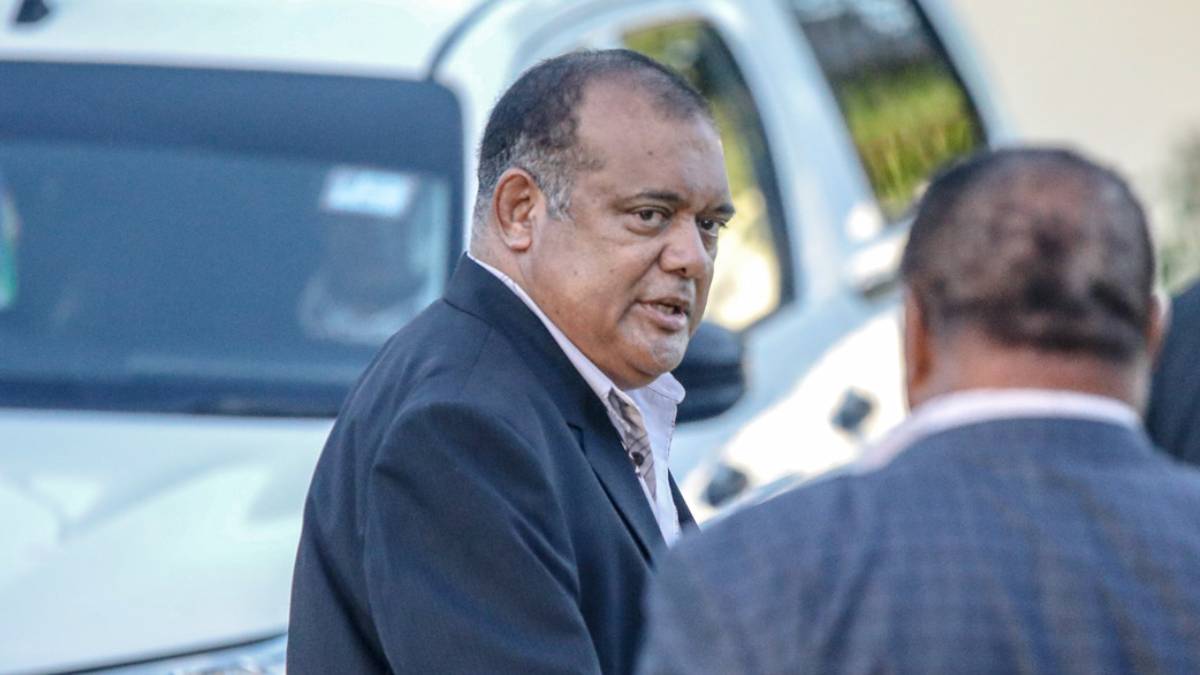
The Electoral Amendment Bill that will be debated and voted on in Parliament tomorrow states that if the Supervisor of Elections has reason to believe that a person has information or documents relevant to or required by the Supervisor for the performance of his or her functions under the Electoral Act, the Supervisor must, by notice in writing, direct the person to furnish such information or documents to the Supervisor.
The Fiji Law Society says if the Bill is passed tomorrow, these powers to be given to the Supervisor are really concerning.
Any person who, having been lawfully required under the section of the Act to disclose any information or document to the Supervisor must, notwithstanding the provisions of any other written law on confidentiality, privilege or secrecy, comply with such direction.
Any person who fails to comply with the directions of the Supervisor or provides information that is false, commits an offence and is liable on conviction, in the case of a natural person, to a fine not exceeding $50,000 or a term of imprisonment not exceeding 5 years or both; and in the case of a company, association or body of persons, whether corporate or unincorporated, government department, nongovernmental organisation, statutory authority or any other entity, to a fine not exceeding $500,000 and for the director, chief executive officer, minister, manager or officer in charge for the time being, to a fine not exceeding $50,000 or a term of imprisonment not exceeding 5 years or both. While moving the motion for the Bill to be debated and voted on without delay, Attorney General, Aiyaz Sayed-Khaiyum said that Clause 2 of the Bill amends the Electoral Act by redefining the term “person” to mean a natural or legal person and includes a company, association or body of person, whether corporate or unincorporated, government department, nongovernmental organisation, statutory authority or any other entity.
He says the proposed amendments provide for the powers of the Supervisor of Elections necessary to carry out his or her functions under the Act, including the power to direct a person, by notice in writing, to furnish any relevant information or document.
Sayed-Khaiyum says without this specific power, the Supervisor is unable to make enquiries to obtain information necessary for the Supervisor to arrive at decisions as required by the Act.
He says such powers are also extremely important to allow the Supervisor to conduct enquiries into allegations of breaches of campaign provisions.
The Fiji Law Society is calling upon the Government to withdraw Bill No.49 from Parliament so that adequate time can be given to consider all of its legal and civil rights ramifications.
Society President, Wylie Clarke says the amendment would give to the Supervisor of Elections power to compel any person to provide to him all or any information or documents on virtually any pretext.
Clarke says the proposed changes are inconsistent with the international core values and principles to which Fiji has committed itself, including long established legal principles on legal professional privilege.
Clarke says they erode civil rights protections long protected by the law.
The Fiji Law Society President says the proposed electoral amendments unnecessarily extend the powers of the Supervisor beyond those necessary to fulfil his duties and powers under the Electoral Act.
He says they encroach on and duplicate powers of investigation that are already vested in the FICAC.
Clarke says if the Supervisor reasonably suspects that an offence has been committed under the Electoral Act, he can - as he has done many times already - report the matter to FICAC which will then exercise its powers of investigation.
The Law Society President says the attack on legal professional privilege is particularly serious.
He says the reason the privilege exists is to enable people to take legal advice on any action they wish to take (or not to take) in the knowledge that in doing so they have protection.
The privilege means that no one in authority can use their questions, or the advice they receive, as evidence against them of some improper or unlawful intent. Clarke says if this privilege is taken away, people cannot take advice on their legal rights and cannot exercise them to the fullest extent and may end up breaching laws.
He says encouraging compliance with the law is the practice of democratic countries which support the rule of law.
Clarke says this Bill appears likely to be passed into law under urgency.
The Society is also very concerned that the Bill also provides no protections or safeguards for the information the Supervisor obtains in terms of how it will be used or kept.
Clarke says the Supervisor is not required to maintain confidentiality or secrecy in relation to the information and it appears such information can be used for any purpose the Supervisor chooses.
He also says there is no right of appeal against a decision of the Supervisor other than to the Fijian Electoral Commission which is final and cannot be further appealed to or reviewed by any court.
Stay tuned for the latest news on our radio stations

